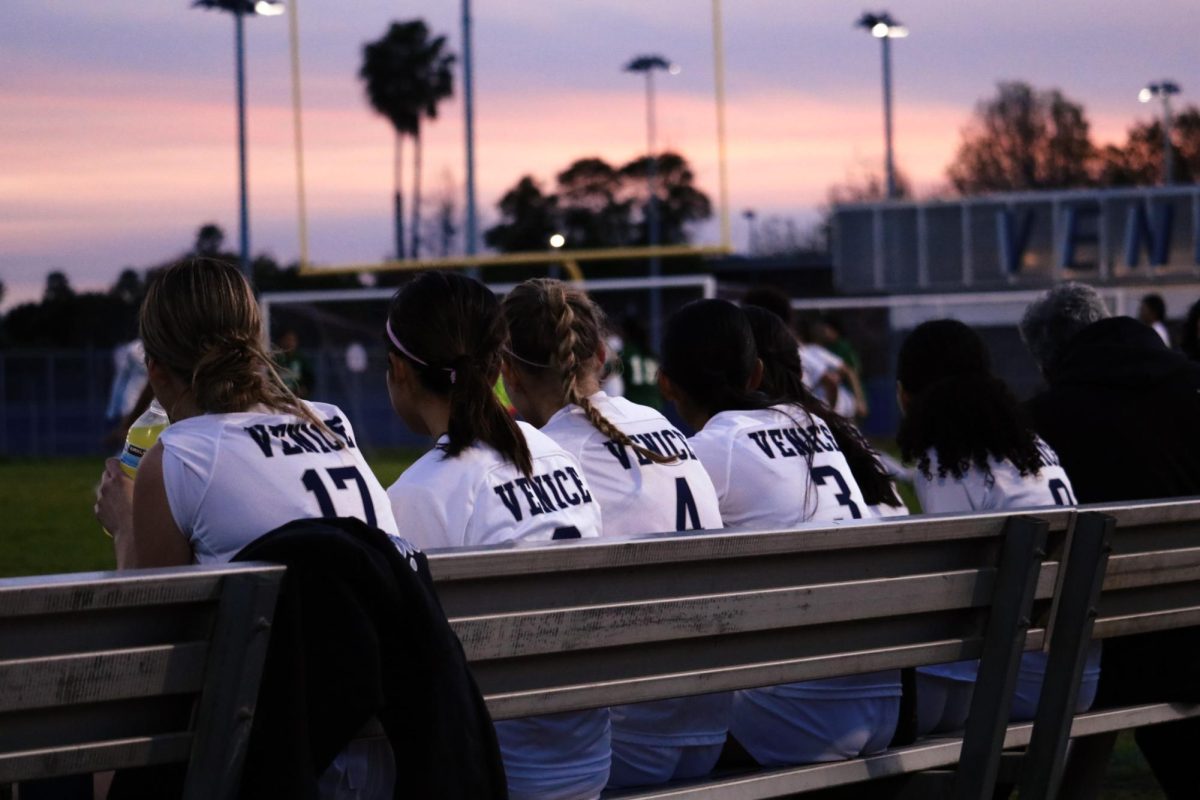When Venice’s new phone policy went into effect in early March, teachers jumped for joy and students started planning a revolution.
The policy was almost entirely crafted by teachers, and felt like there was little to no regard to students’ opinions.
Even though a survey was shared with some students at Venice regarding their feelings about a phone policy last semester, the teachers dictated almost everything.
I think the phone policy has had less effect on the classroom experience than it was made out to.
My teachers who already didn’t allow phones changed nothing; it swayed my in- between teachers a little, but not to the point of outright banning them; and my teachers that had unrestricted phone use didn’t change a thing.
According to the new policy, students should not be allowed to use phones even during passing periods, but the hallways aren’t nearly monitored enough to prevent phone use there.
To me, that was always the weakest part of the policy. It would take an insane amount of work and calls to parents to confiscate every phone used in the hallways.
Students have come to see it as more of a suggestion, which is great because it should be a suggestion; there’s no reason for us to not have music or phone use in passing periods where we don’t do any learning.
However, if one part of the policy is not enforced, what does that say about the policy as a whole?
In a lot of situations, students on their phone in class just simply don’t care about the class. Taking away the phone won’t make them pay attention, and it’s a waste of class time on the teacher’s part. Students should be responsible for their own learning in these cases.
In other situations, your phone is used to stay informed or to connect. To be disconnected from society for chunks of the school day doesn’t
seem reasonable to me; it’s such an integral part of our lives.
Don’t get me wrong—unregulated phone use throughout school wouldn’t go well.
They’re just too addictive, but a complete ban is not the way to go. I think loose restrictions should be in place, something that differs more from situation to situation.
Letting each teacher use their judgment on whether the students can maintain grades and understanding of the class with their phone allowed is my ideal solution.
I think we are responsible enough to control screen time in class if our grades are dropping, and if certain students aren’t, chances are they don’t care much about school anyway.
There isn’t a need to waste time and energy reprimanding students drooling over their phones. Just take the phone or let them be on it while their grades slowly drop.










